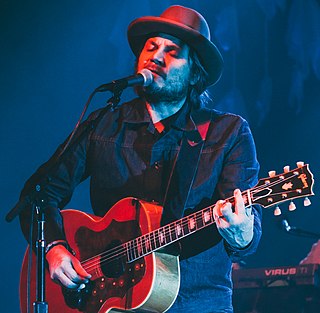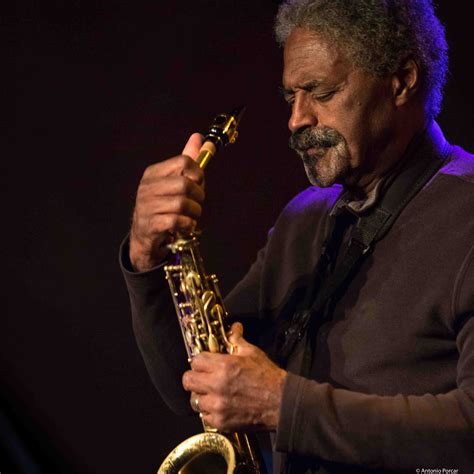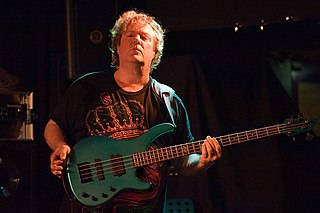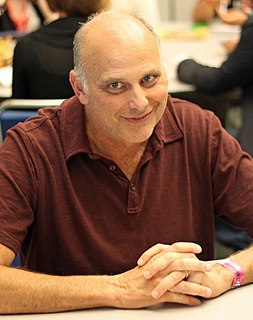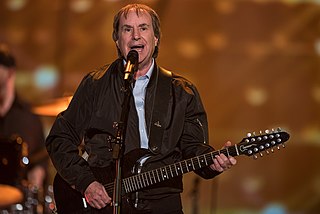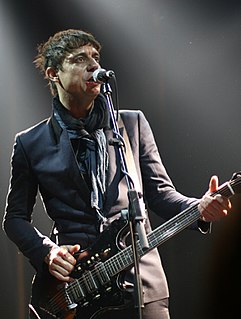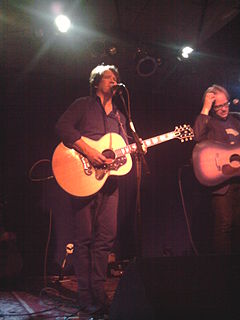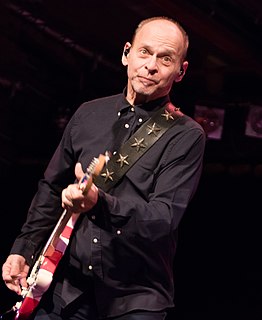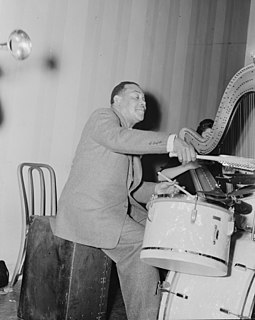A Quote by Rob Sheffield
It was R.E.M. who showed other Eighties bands how to get away with ignoring the rules - they lived in some weird town nobody never heard of, they didn't play power chords, they probably couldn't even spell 'spandex.' All they had was songs.
Related Quotes
I think all great comedies - or at least the comedies I like - it has some of the funniest moments, but it never breaks the spell for the audience. It never pushes the audience away by spoofing itself too much or undermining the characters or making them cardboard or flimsy. Everybody is really trying to do what their characters believe in - and so nobody breaks the spell of the world, even though in other ways it's a comedy and very funny.
I think I always thought of the guitar as the vehicle to be able to make some musical idea up. The only appeal to learning more chords was having more chords to put into songs. I never got too wrapped up in becoming technically good. So writing songs happened pretty simultaneously with learning how to play the guitar.
I met the pianist Barry Harris when I was about fifteen. He would show me changes, which I had no idea existed. I knew about scales, but I didn't think about chords. I was fortunate in that he lived right around the corner so I'd be at his house almost every day and he showed me about playing melodies over chords. After about three years, I could play some gigs. I worked with drummer Roy Brooks and other guys my age at that time, like trumpeter Lonnie Hillyer. Some of the older guys were Paul Chambers, Doug Watkins and Louis Hayes
I'm really terrible at math, so I won't even attempt to do ratios and percentages, but all I know is that there's a lot of new songs that no-one has heard yet, and that there's a lot of old songs that some very, very super hardcore fans have heard for sure - there are people that have been coming and seeing me play in bars in like 2002, and there are songs that those people heard.
You never know that this is the moment when you're in the moment. When I was sixteen I moved to a smaller town in Vermont, and at that time I didn't have a band to play in. So I was forced to play in Top 40 bands and fraternity bands and wedding bands. That was all pop music, but I was listening to Weather Report and classical music. Then I went to Berklee College of Music in 1978, and you had Victor Bailey there, and Steve Vai. And suddenly I was among my ilk.
If I had not lived the life I had lived and did not have the wife I have and the children I have, I would never know how to play that role [of Dr. Bedsloe], and I wouldn't have any of those qualities. It's a real example of how it is true that the camera catches everything. Even the stuff you're trying to hide.
There were so many bands in New Orleans. But most of the musicians had day jobs, you know -- trades. They were bricklayers and carpenters and cigar makers and plasterers. Some had little businesses of their own -- coal and wood and vegetable stores. Some worked on the cotton exchange and some were porters. They had to work at other trades 'cause there were so many musicians, so many bands. It was the most musical town in the country.



